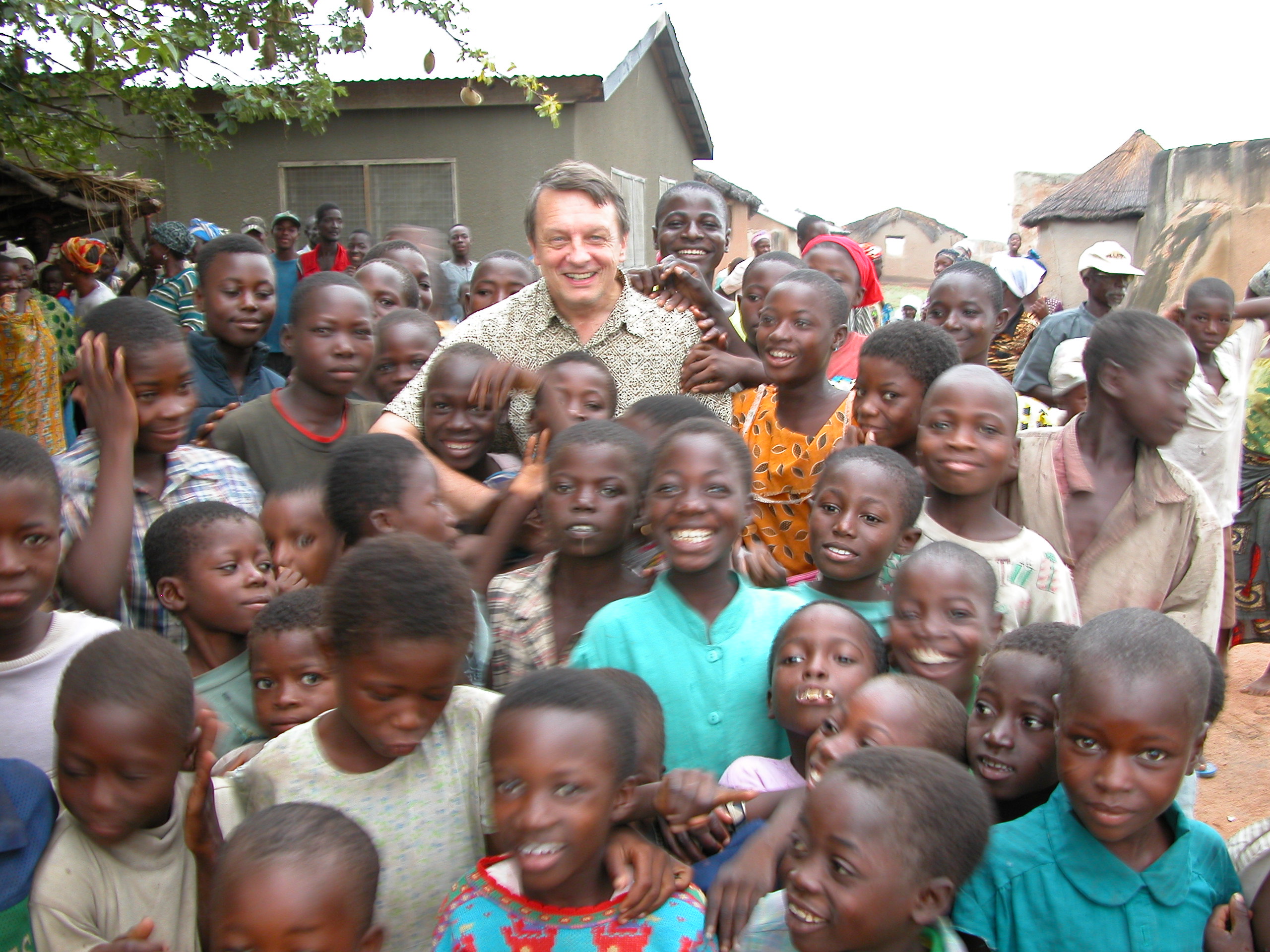Jim Phillips: Applying Evidence to Policy Decision-Making

Starting with a BS in microbiology, Jim was a Peace Corps volunteer. After two years in Nigeria, he joined UNICEF and worked in that country while it was in the middle of a civil war. "The experience was a dramatic exposure to the effects of catastrophic overpopulation," Jim says. He found that he could use evidence-based strategies to conduct nutritional screening. He and his colleagues were able to train community leaders to identify the children who were most at risk.
"I thought I would go into laboratory science or medicine, but I became interested in public health when I saw the potential for a team of evidence-based workers to make a difference for health and survival," Jim says.
He pursued his master's degree at the University of Hawaiʻi at Mānoa because he wanted to do his practicum work outside the U.S. The option to do research in Polynesia, Micronesia, or Asia thrilled him.
At UH, he met students from all over the Pacific basin, and found that the faculty was a mix of health practitioners and theorists. "In a single day, you could experience coursework that was intensely theoretical, but also someone relating very practical experiences to you." This is important because working in public health requires a deep understanding of both the practical aspects of improving human health and the theoretical foundation needed to engage in systems thinking.
After the program, Jim earned a PhD in public health and spent more than 30 years working for the Population Council, a global non-profit working to research population issues and advocate for well-being and reproductive health.
Now a professor at Columbia University Medical Center and at Columbia's Mailman School of Public Health in New York, Jim continues his work teaching and mentoring. One of the most important ideas he has learned is that lessons from one part of the world can be valuable in far-flung, disparate regions. In one project, he was based at an isolated field station in rural Bangladesh and found a way to start up a communication network to ensure that key members of the government felt a sense of ownership of the research project. As the work continued, the research operation became embedded in the government's decision-making systems. The project not only worked, its participatory communication strategy became a new model for connecting research and policy making.
From there, Jim worked to apply the model elsewhere. He brought a group of health policy planners from Ghana to Bangladesh. "Very little of the Bangladesh service paradigm was relevant to Ghana, but what was relevant was the idea that you don't just make decisions, you generate research to guide those decisions," Jim says. At the time, the idea of using evidence-based program development was not well-established in West Africa. "It was a transformative lesson," Jim says.
Public health research means building partnerships between people who generate science with others who control resources and policies and can bring evidence to scale, Jim says. "You can contribute evidence to their decision-making, and that makes your work directly relevant to national health programs."
Photo Caption: After Jim Phillips (MS, 1972) worked for a decade in Asia, he shifted his focus to transferring successful models of child health services from Asia to Africa.
Photo courtesy of Jim Phillips.
